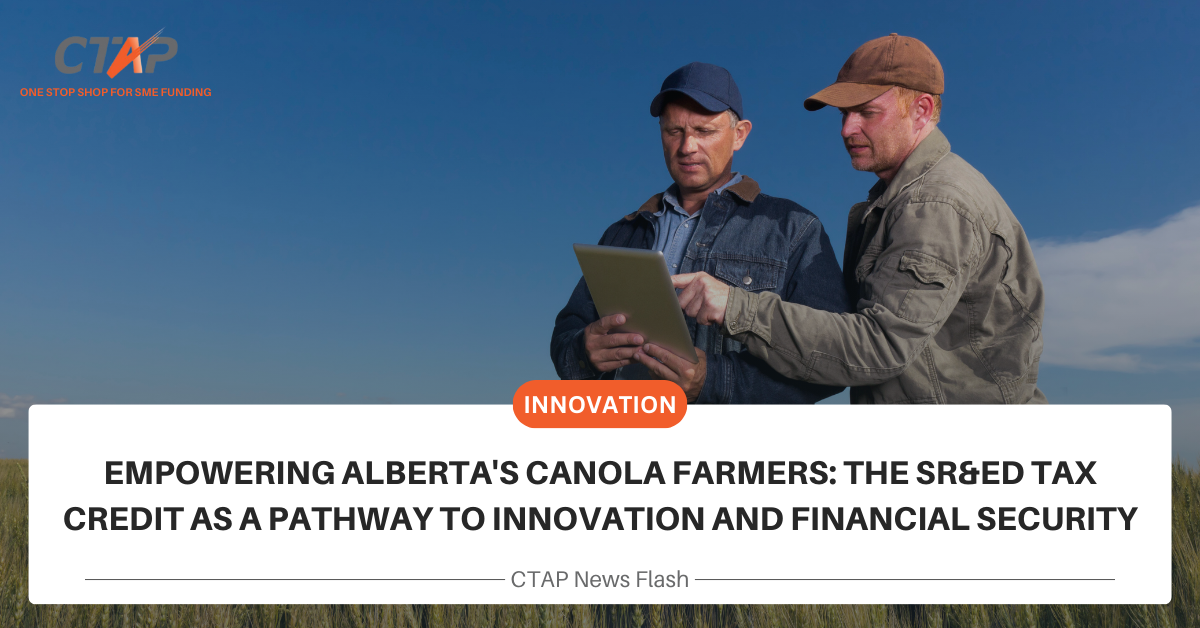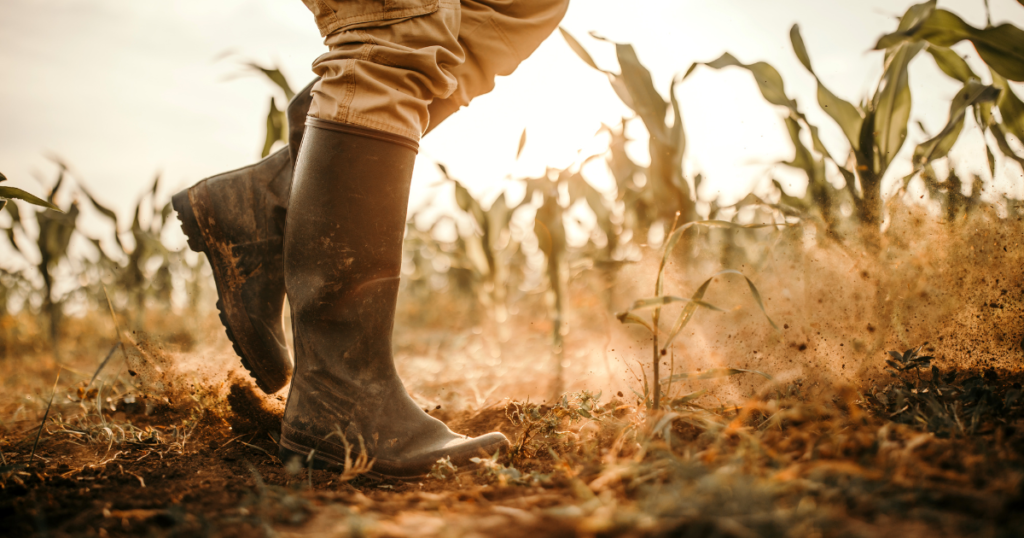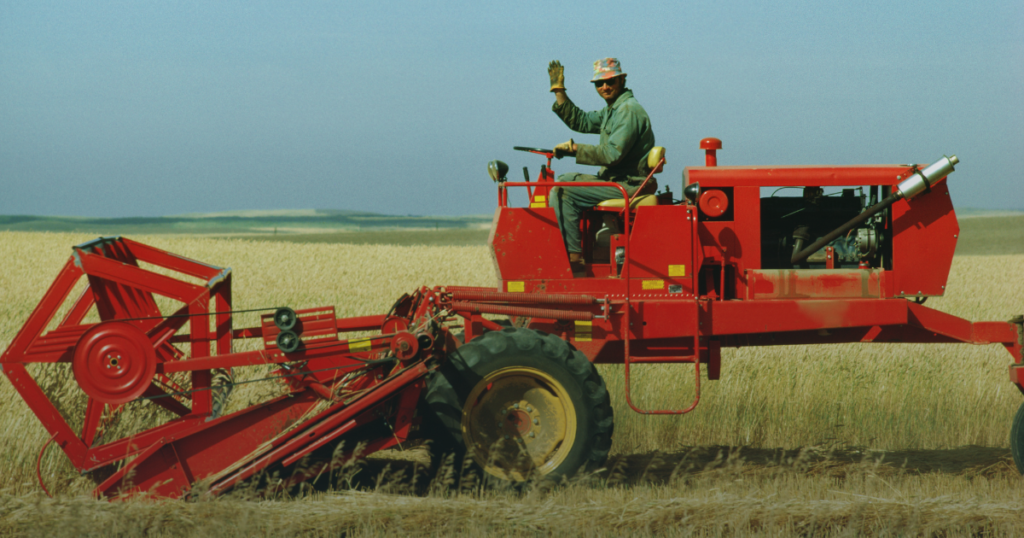

In the heart of Alberta’s vast and vibrant agricultural landscape, canola farmers are being presented with a unique opportunity that intertwines their hard work with innovative research. The Scientific Research and Experimental Development (SR&ED) tax credit program for the year 2023 stands as a beacon of support, offering a substantial tax credit of 12.49% for their contributions towards agricultural research. This initiative not only fosters scientific advancement but also serves as a testament to the government’s recognition of the vital role farmers play in the agricultural sector.
Alan Hampton, the esteemed Chair of Alberta Canola’s research committee, has been a vocal advocate for this initiative. His insights shed light on the tangible benefits that canola growers can reap from their contributions. By investing in the canola service charge, farmers are not only fueling pivotal research but are also eligible to recover a portion of their investment through the SR&ED tax credit. This symbiotic relationship between investment and incentive is a driving force in advancing agricultural research and development.

The research funded by these charges is not just about scientific achievement; it’s about safeguarding the future of canola farming in Alberta. This research delves into critical areas such as combating diseases like blackleg and clubroot, which pose significant threats to canola crops. It also extends to studying insect pests, understanding their resistance and susceptibility to insecticides, which is crucial for maintaining the delicate balance of the ecosystem and ensuring sustainable farming practices.
Consider the story of a local grower, John, who contributed $1000 to Alberta Canola in 2023. For John, this wasn’t just a financial transaction; it was an investment in the future of his livelihood. When he learned that he could claim a $124.90 tax credit, it wasn’t just a relief; it was a reward for his commitment to the industry and its advancement. This tax credit scheme adds a layer of financial security and encouragement for farmers like John, who tirelessly work to feed the nation.
The versatility of the SR&ED tax credit further amplifies its appeal. Farmers can use it in various ways – reducing their current year’s federal taxes, getting a tax refund, or planning for the future by carrying it forward or back. This flexibility is crucial in an industry where unpredictability is a constant.

Navigating the SR&ED tax credit process might seem daunting, but it’s made approachable with the availability of specific forms for individuals and corporations. The encouragement to consult with the Canada Revenue Agency or professional accountants is a reminder that farmers are not alone in this journey. There’s a support system ready to assist them in reaping the benefits of this program.
The Canada Revenue Agency’s website stands as a comprehensive resource, offering in-depth information on the SR&ED tax credit program. This program is more than a financial mechanism; it’s a bridge connecting the hard work of Alberta’s canola farmers with the innovative world of agricultural research. It’s a testament to the government’s commitment to supporting those who are the backbone of our food supply, recognizing their efforts, and investing in their future. For the canola farmers of Alberta, this program is not just a tax credit; it’s a nod of appreciation and a hand of support, guiding them towards a sustainable and prosperous future.